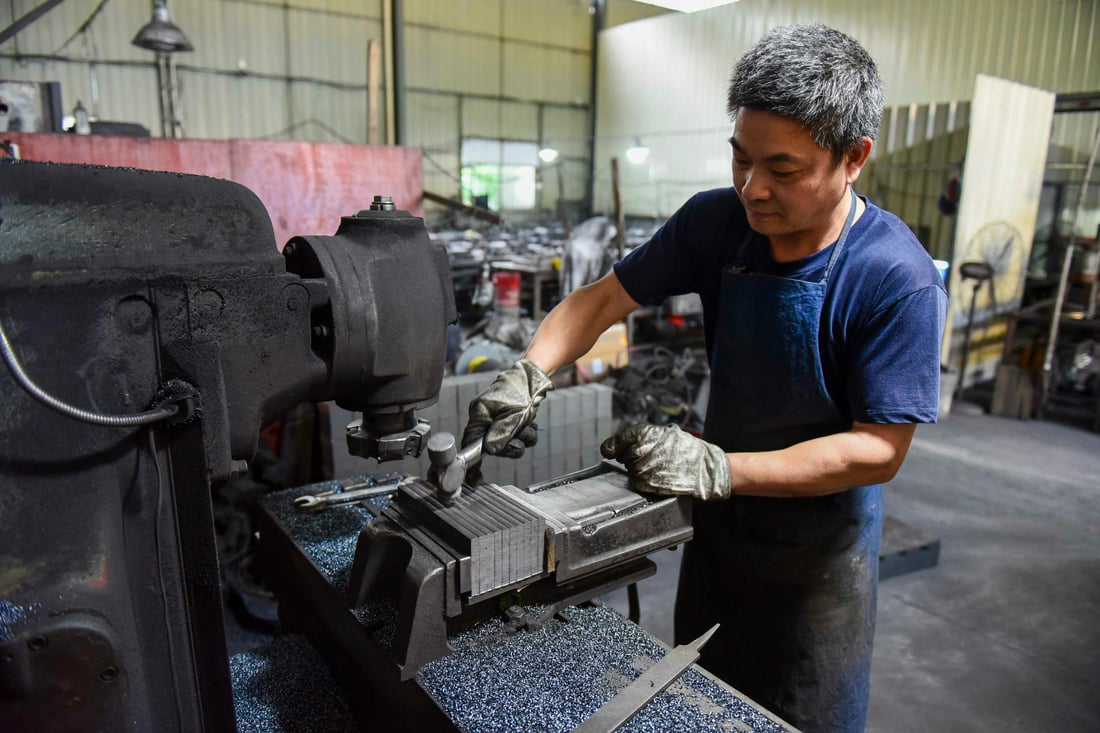What is a factory compliance audit?
A factory compliance audit is a process used by companies to ensure that their suppliers or contractors are meeting the necessary standards and regulations. The objective of such an audit is to evaluate the compliance of the factory with internal and external regulations and certifications that have been set in place to protect employees, consumers, and the environment. In this article, we will explore why a factory compliance audit is so valuable and the different aspects of the audit process.
Why is a Factory Compliance Audit Important?
Manufacturing factories are often inspected by regulatory bodies to make sure that they're operating in a way that is safe for workers and environmentally responsible. Companies engaging in business with such manufacturing factories are responsible for ensuring that their suppliers or contractors are maintaining and adhering to these standards. A factory compliance audit is comprehensive in its nature and aims to evaluate whether the factory is meeting all necessary rules and regulations. Factory compliance audits provide companies with the assurance that they are doing business with factories that meet the necessary standards, reducing the risk of any legal issues or reputational damage.
The Audit Process and its Components
The audit process typically involves a detailed review of the manufacturing facility's policies, procedures, and documentation such as environmental reports, occupational health and safety reports, and other records that can be examined to confirm compliance. The audit process also involves on-site inspections of the factory where auditors conduct interviews with employees, management, and other relevant personnel. During these on-site inspections, auditors assess the factory's safety protocols, social compliance, environmental impact and management system, while reviewing documentation and investigations of customer complaints or regulatory penalties.
Benefits of a Factory Compliance Audit
The primary benefit of a factory compliance audit is for companies to ensure that their suppliers or contractors are operating at a level that is socially responsible, within the legal framework and adhering to relevant environmental and safety standards. By understanding the local regulations and industry-specific compliance issues, companies can reduce risk and improve quality by working with reputable and responsible factories that are compliant with the requirements. Alongside compliance and the ethical benefits that come with them, businesses who perform audits can build better relationships and communication with their suppliers by working with suppliers who share the same values and commitment to quality.
Ensuring Worker Safety
A factory compliance audit is critical in ensuring worker welfare. Employees in the manufacturing sector are some of the most vulnerable to poor working conditions, with accidents and injuries, poor safety protocols and lack of training all possible threats. A satisfactory audit report ensures that the factory is operating under regulations and standards designed to protect its workers' health and wellbeing.
Protecting the Environment
Manufacturing factories are also significant contributors to environmental issues such as pollution, water usage, and waste management. A factory compliance audit checks if the factory is following all regulations guiding the environmental aspect of its operations. A factory that falls short of environmental regulations is a significant risk to the company that does business with such a company. Non-compliance in this area can lead to fines and penalties that hurt the reputation and bottom line of the business.
Gaining a Competitive Advantage
Performing a factory compliance audit and working with responsible suppliers can provide a competitive advantage. Today's consumers are environmentally and socially conscious and concerned about their products' supply chain sustainability. They prefer brands that value social responsibility and comply with industry standards and regulations. Brands that audit and prioritize the social and environmental impact of their manufacturing process will be better positioned to meet consumer demand and differentiate themselves from competitors.
Audit Continuity
Conducting a factory compliance audit is not a one-time affair. It is a continuous process to maintain compliance with changing regulations. The audit helps businesses identify any areas where the factory is not in compliance with regulations so they can collaborate with suppliers to develop a plan to improve compliance and continue to work with the suppliers. The factory compliance audit helps businesses maintain a better relationship with its suppliers as it demonstrates the companies' commitment to ongoing improvement.
Conclusion
Ensuring that your suppliers are compliant with regulations can be complicated but is an essential aspect of your supply chain management operations. Conducting a factory compliance audit helps companies mitigate risks, ensure worker safety, protect the environment, maintain a better relationship with suppliers through ongoing efforts to improve compliance and gain a competitive advantage. A factory compliance audit is not only a compliance issue; it is a significant part of a sustainable business practice that respects the environment and the human rights of workers.

